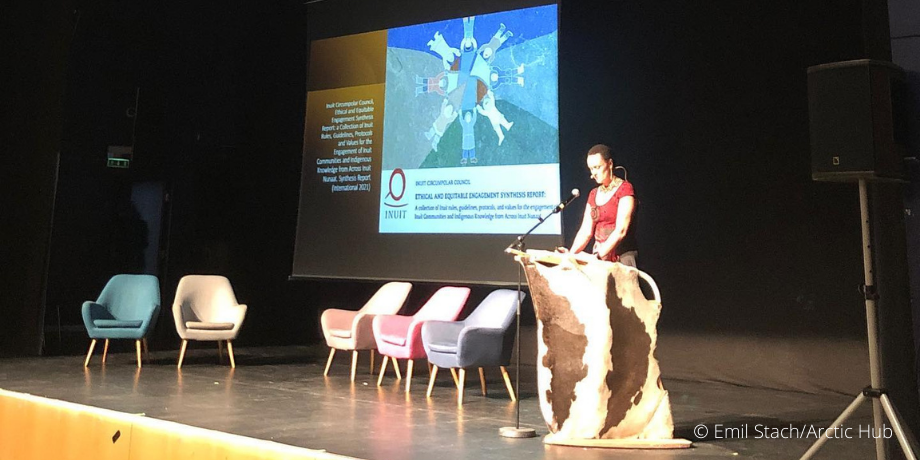Bring Greenland’s Education and Research home

So argued UNAK professor Rachael Lorna Johnstone during her keynote speech at Greenland Science week. Rachael argues that the educational system is not tailored sufficiently for Greenland. Rachael teaches at the Faculty of Law of the University of Akureyri but she has also been teaching at the University of Greenland and researching Greenland for a decade. Rachael asked the participants assembled in Katuaq, Greenland’s Cultural Centre, on 10th November: "Should the University of Greenland Decolonise?".
Rachael finds the lack of Greenlandic influence in the educational system problematic during a time when Greenland moves further along the path from a colony to an independent nation. She notes that Greenlanders are taking more control over their own affairs in many fields such as mining, trade, and transport. "However, the university still follows European and especially Nordic models when it comes to designing academic programmes and courses, hiring and promoting staff, and examining students’ work. That system does not necessarily fit the Greenlandic way".
According to Rachael, foreign academics are paid to check the quality of education at the University of Greenland. But they may not know very much about Greenland or the different ways in which Greenlanders think about law, education, social work or other fields.
Not enough Greenlandic involvement in research
Rachael called for more Inuit control over research in Greenland and that Indigenous knowledge-holders receive pay equal to that of academics with formal qualifications. "There are many Greenlanders with important knowledge that do not have advanced degrees. It is important to include Greenlanders at all levels of scientific research, for example deciding what should be studied, how to study it, interpreting results, and communicating results. Experts that bring Indigenous and traditional knowledge to projects should be paid at the same rate as the academics".
Rachael asked researchers to read and re-read the ICC Ethical and Equitable Engagement Synthesis Report before starting any new project in the Inuit homeland in Greenland, Canada, Alaska and Russia. She explained that the draft Greenland Research Strategy recognises that it is important to include Greenlanders and Indigenous knowledge in science. She also admitted that she was not qualified to lead this work but that there are many Greenlanders who are. "My role, as someone who is not Greenlandic but loves Greenland is to support the Greenlanders who are trying to decolonise research and education. I need to remember that I am not the expert here and that many experts do not have a lot of degrees. People like me need to talk less and listen more". She added: "I might just have talked myself out of a job!"
Important talk for the local community
Saki Daorana is a travel agent living in Nuuk. She participated in Greenland Science Week. During Covid, most of her clients have been journalists and documentary-makers seeking the latest research news. They are very interested in Indigenous and traditional culture in Greenland. She was moved by Professor Johnstone’s arguments on a personal level. Saki Daorana said: "It was such a wonderful session. She talked about what I have had inside myself for many years. In words that were so clear and inspiring. For example, she talked about the science community vs. the deep Indigenous knowledge. And that is something that I find very important and hold very close to my heart".
You can watch Rachael’s interview with Phillippa Maigaard for Arctic Hub here
